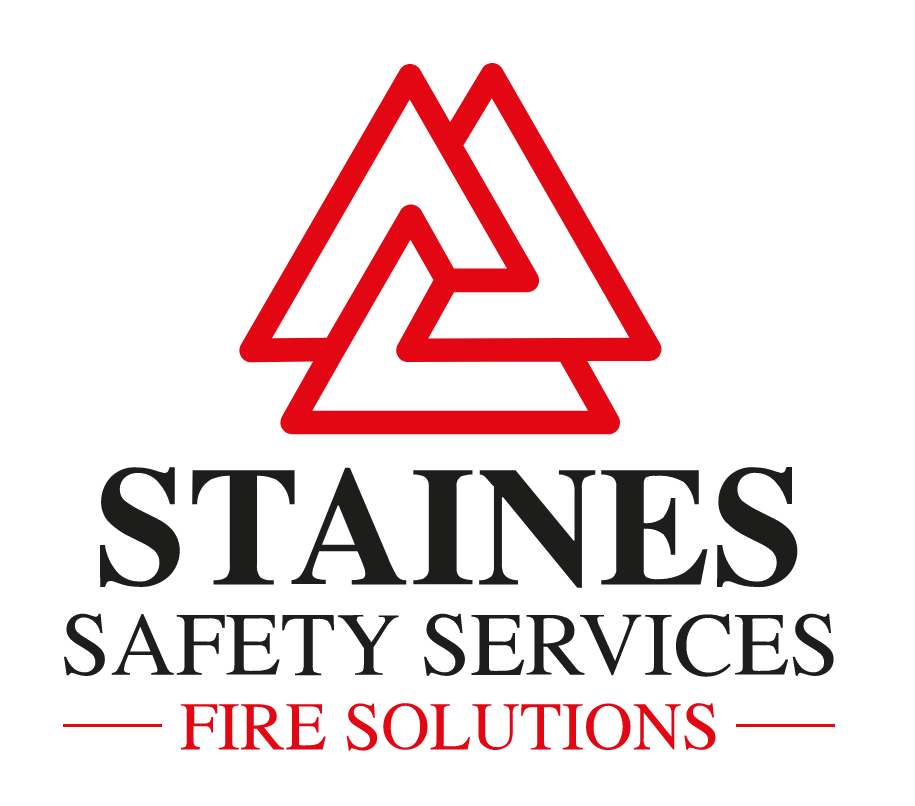Fire Risk Assessment for Flats: Ensuring Safety and Compliance
Fire safety is a critical concern for property owners, landlords, and tenants living in flats. Conducting a thorough fire risk assessment is not only a legal requirement but also a vital step in protecting lives and property. In this blog post, we’ll explore the importance of fire risk assessments for flats, what they entail, why they’re essential, and how professional services can help ensure compliance with fire safety regulations.
What is a Fire Risk Assessment?
A fire risk assessment is a systematic evaluation of a building to identify potential fire hazards, assess risks, and implement measures to minimise the likelihood of a fire. For flats, this process is particularly important due to the shared spaces, multiple occupants, and unique structural considerations.
The Regulatory Reform (Fire Safety) Order 2005 mandates that all non-domestic premises, including the common areas of residential flats, undergo regular fire risk assessments.
Why Fire Risk Assessments Are Crucial for Flats
Flats, whether in high-rise blocks or low-rise complexes, present unique fire safety challenges. Shared corridors, stairwells, and communal areas can become dangerous in the event of a fire if not properly managed. A fire risk assessment helps to:
- Identify fire hazards such as faulty electrical systems, flammable materials, or blocked escape routes.
- Ensure compliance with UK fire safety regulations, avoiding costly fines or legal issues.
- Protect residents by reducing the risk of fire-related incidents.
- Evaluate the effectiveness of fire doors, fire alarms, and emergency lighting.
- Provide peace of mind for landlords, property managers, and tenants.
Key Components of a Fire Risk Assessment for Flats
When conducting a fire risk assessment for flats, professionals focus on several critical areas:
- Fire Hazards: Identifying potential sources of ignition, such as electrical faults, smoking areas, or improperly stored flammable materials.
- People at Risk: Assessing who might be affected, including residents, visitors, or maintenance staff, with special consideration for vulnerable individuals like the elderly or disabled.
- Fire Prevention Measures: Evaluating existing safety measures like fire extinguishers, smoke alarms, and fire blankets.
- Escape Routes: Ensuring that emergency exits, stairwells, and corridors are clear, well-marked, and accessible.
- Fire Doors: Checking that fire doors meet standards, are properly installed, and function effectively to slow the spread of fire.
- Emergency Plans: Reviewing fire evacuation plans and ensuring residents are aware of procedures.
- Record-Keeping: Documenting findings and creating an action plan to address identified risks.
The Importance of Professional Fire Risk Assessments
While some property managers may attempt to conduct fire risk assessments themselves, hiring a professional service ensures accuracy and compliance. Certified fire safety consultants have the expertise to:
- Conduct thorough fire safety inspections tailored to flats.
- Provide detailed reports with actionable recommendations.
- Ensure compliance with fire safety legislation, including the Fire Safety Act 2021.
- Offer fire door surveys to verify that doors meet BS 476 or EN 1634 standards.
- Recommend upgrades to fire detection systems and fire suppression systems.
Professional assessments reduce the risk of oversight and help landlords and property managers avoid penalties while prioritising tenant safety.
How Often Should Fire Risk Assessments Be Conducted?
The frequency of fire risk assessments depends on the building’s size, use, and risk level. For flats, it’s recommended to review assessments:
- Annually for high-risk properties, such as high-rise blocks.
- Every 2-3 years for low-risk flats, unless significant changes occur (e.g., renovations or new tenants).
- After any major incidents, structural changes, or updates to fire safety regulations.
Regular fire door surveys are also essential, as wear and tear can compromise their effectiveness over time.
Benefits of Fire Risk Assessments for Flats
Investing in a fire risk assessment offers numerous benefits:
- Enhanced Safety: Protects residents and reduces the likelihood of fire-related injuries or fatalities.
- Legal Compliance: Meets requirements of the Regulatory Reform Order and other fire safety laws.
- Cost Savings: Prevents costly damage from fires and potential fines for non-compliance.
- Improved Property Value: Demonstrates a commitment to safety, appealing to tenants and buyers.
- Peace of Mind: Assures landlords, tenants, and property managers that the building is safe.
Fire Door Surveys: A Key Component
Fire doors are a critical element of fire safety in flats. A fire door survey ensures that doors are correctly installed, meet regulatory standards, and function as intended. Key aspects include:
- Checking fire door ratings (e.g., FD30 or FD60) for appropriate fire resistance.
- Inspecting seals, hinges, and closers to ensure they work effectively.
- Ensuring doors are not obstructed or damaged.
A professional fire door survey complements a fire risk assessment, providing a comprehensive approach to fire safety.
How to Choose a Fire Safety Consultant
When selecting a fire safety consultant for your flats, consider:
- Accreditation: Look for certifications from bodies like the IFSM or IFE.
- Experience: Choose professionals with a proven track record in assessing flats.
- Comprehensive Services: Opt for providers offering both fire risk assessments and fire door surveys.
- Local Knowledge: Consultants familiar with UK fire safety regulations ensure compliance.
Conclusion
A fire risk assessment for flats is an essential step in safeguarding lives, ensuring compliance, and protecting property. By identifying risks, evaluating fire doors, and implementing robust safety measures, you can create a safer living environment for tenants. Don’t leave safety to chance—invest in a professional fire risk assessmentand fire door survey today to ensure your flats meet the highest fire safety standards.For expert fire safety services, contact a certified provider to schedule your assessment. Protect your property, comply with fire safety laws, and give your tenants peace of mind.

